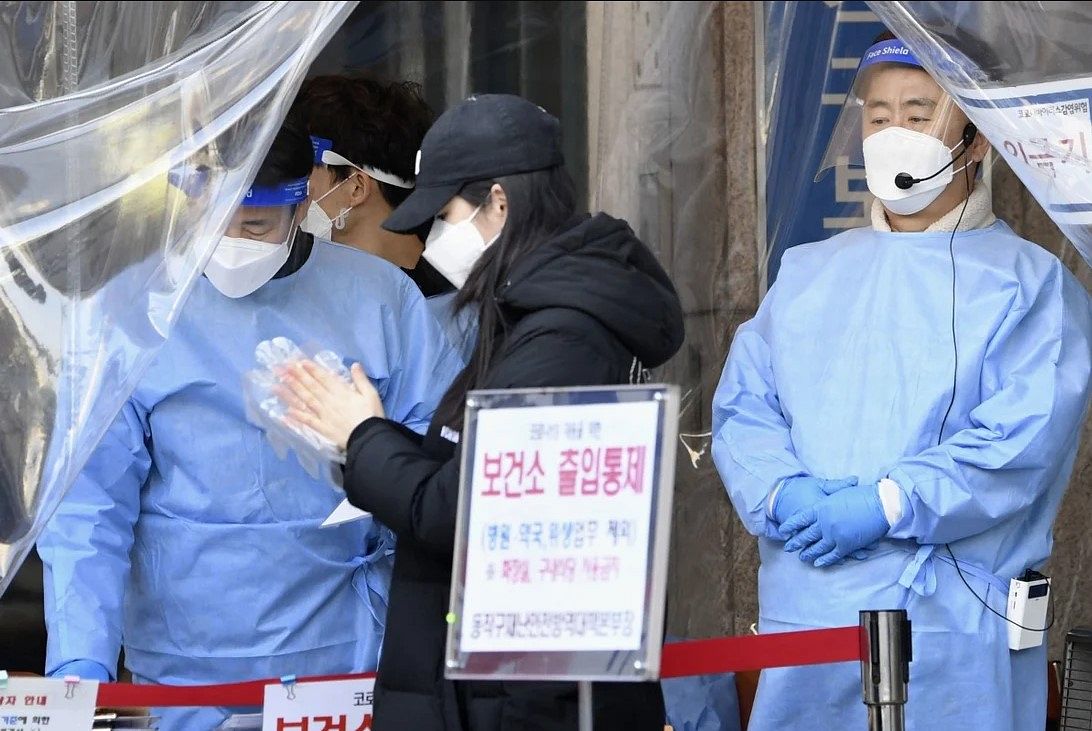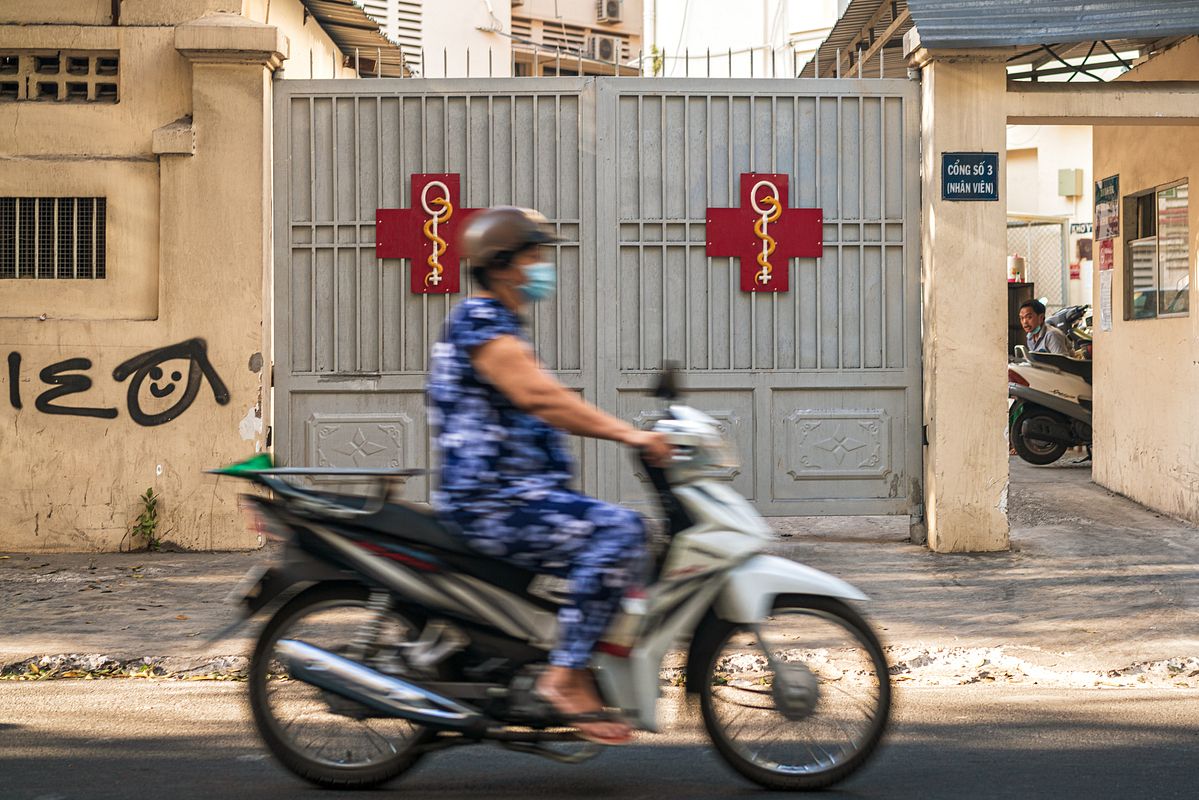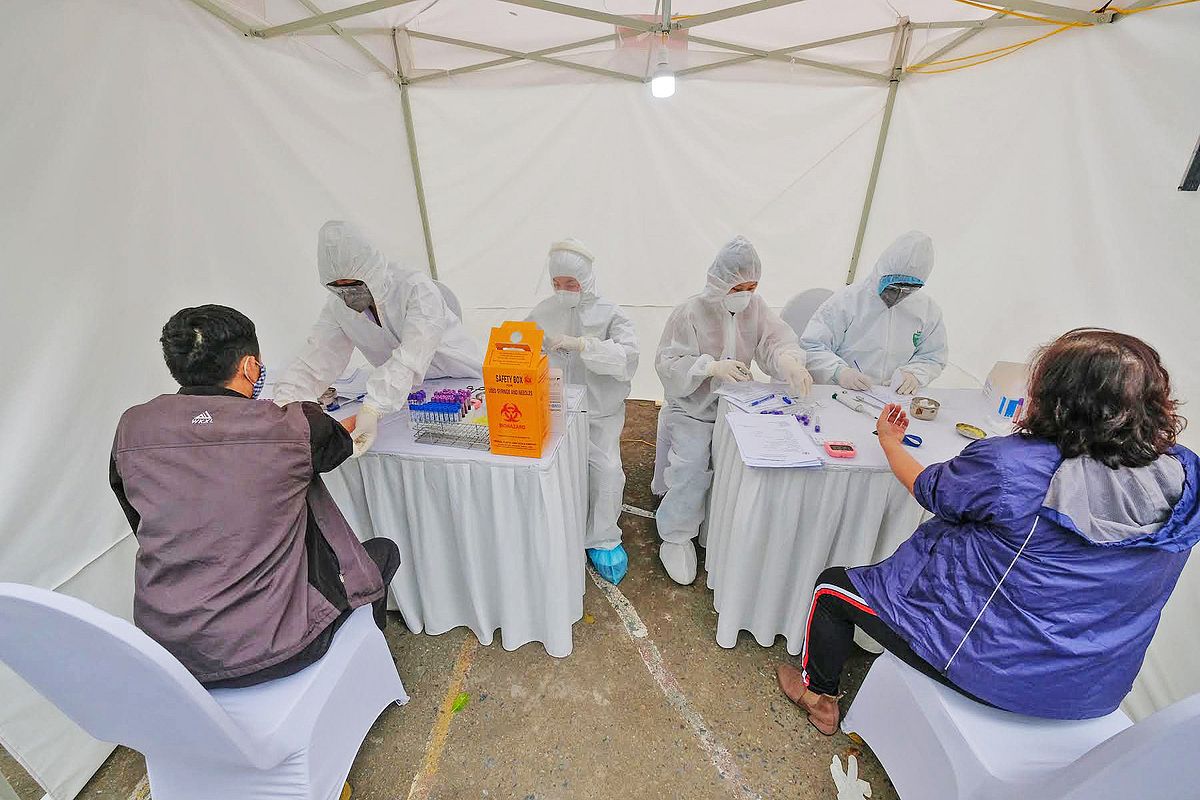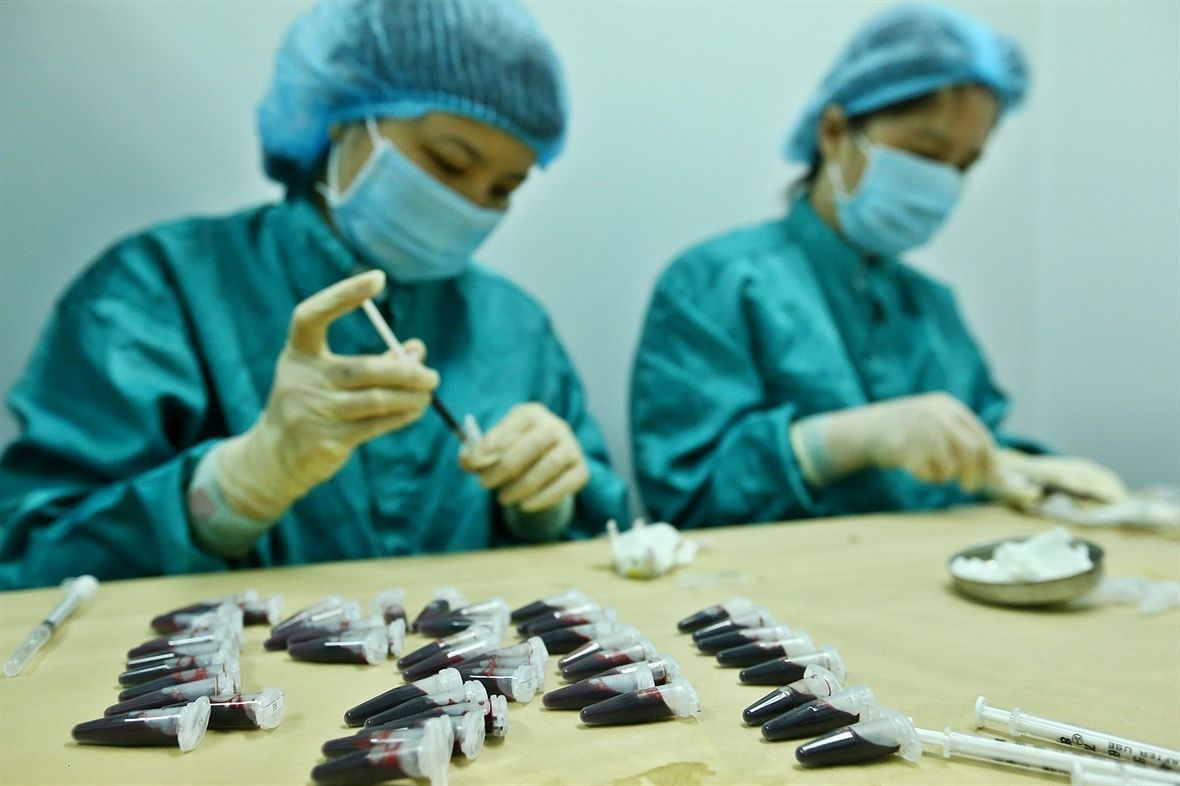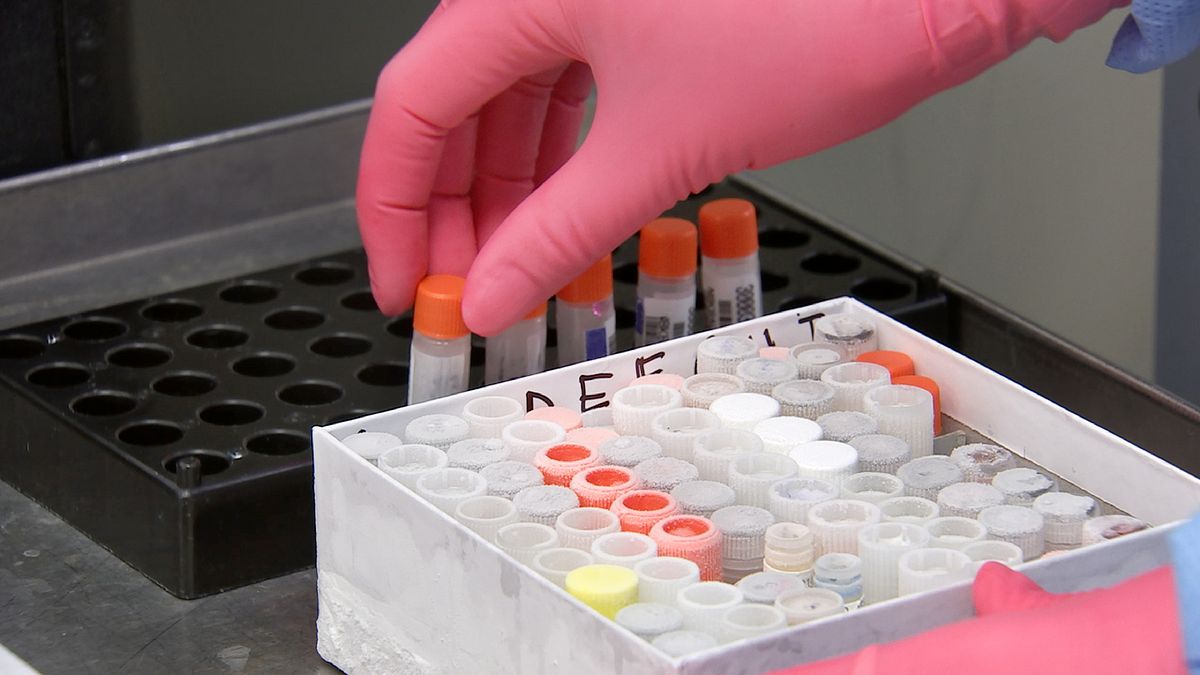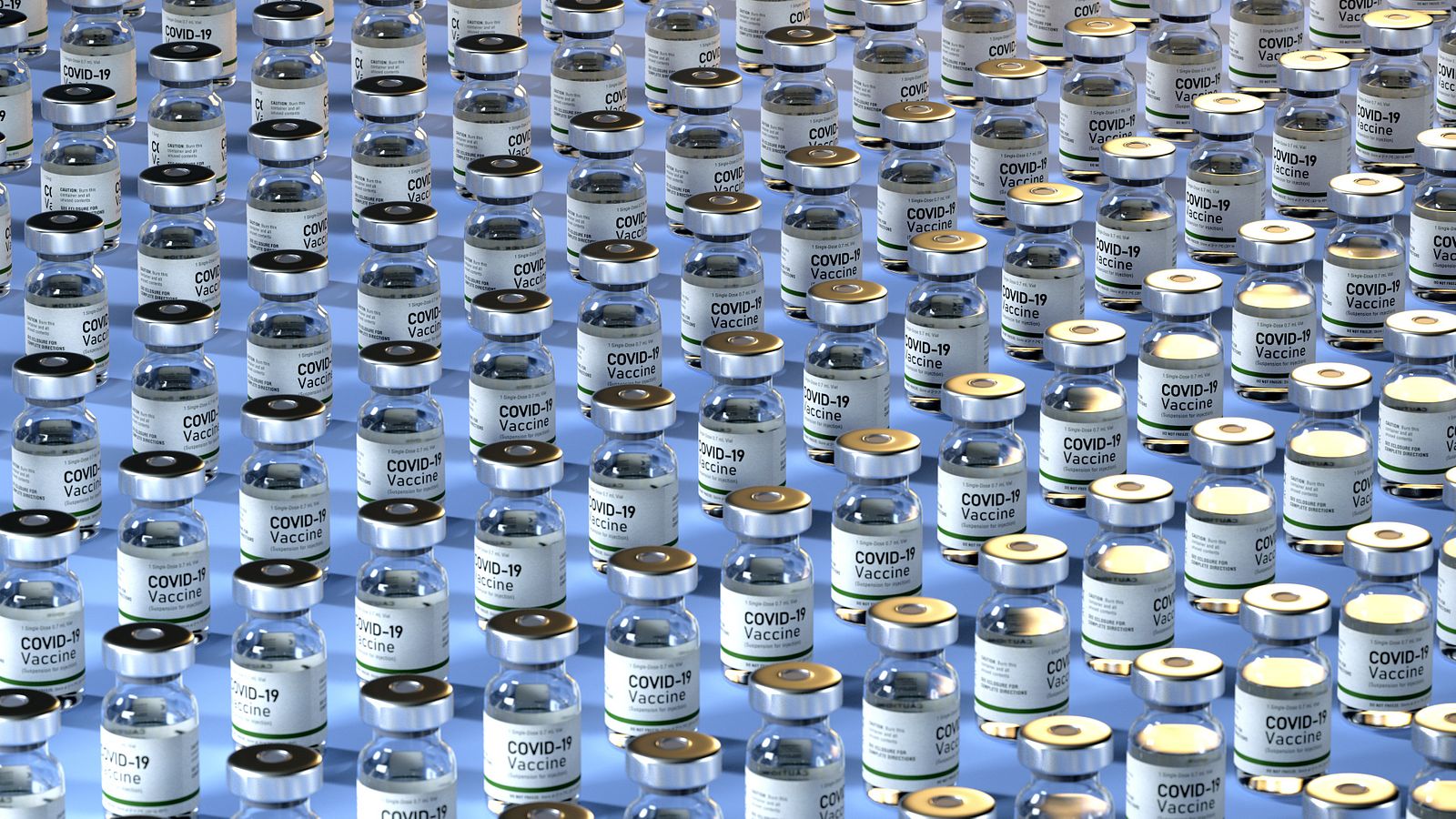The infections are part of 1,078 new COVID-19 cases reported on Wednesday, the highest single-day total for South Korea.
According to local media, 20 Vietnamese students living in the same dormitory and attending Ajou Motor College in the coastal city of Boryeong were amongst those who tested positive after a Vietnamese student tested positive on Monday, December 14.
As a result, 400 total people, including numerous foreign students and university staff, are to be tested in response. Officials are investigating the travel history of the infected patients, though it is believed transmission occurred within the dorm.
The Vietnamese students frequently cook together in the dorm's kitchen, while 13 of them work in part-time positions at a restaurant on the city beach. City officials have disinfected the establishment and tested employees who may have been exposed. While the virus outbreak in Boryeong is more manageable than in Seoul, Mayor Kim Dong-il said: "In order to prevent the virus from spreading further in this city, we are raising the distancing level, effective immediately."
Both Boryeong and Seoul are now at level 2.5 on the nation's five-tiered protection scheme. Boryeong is a small city of approximately 100,000 inhabitants. Before the dormitory cluster, it had only reported 34 cases of COVID-19.
This means gatherings of more than 49 people are prohibited, while karaoke rooms, indoor fitness venues, nightclubs, bars and music halls are all closed. Restaurants, cinemas, internet cafes, private academies, study halls, amusement parks, beauty salons, barbershops, large grocery stores and department stores can operate, but must adhere to strict guidelines.
The outbreak has occurred just weeks after Vietnam and South Korea agreed to allow short-term visitors traveling between the two countries for work reasons to avoid quarantine. If travelers can produce proof of a negative test for COVID-19 and pass a health screening, as of January 1, they will be allowed to enter the other country for up to 14 days.
[Photo via SCMP]

